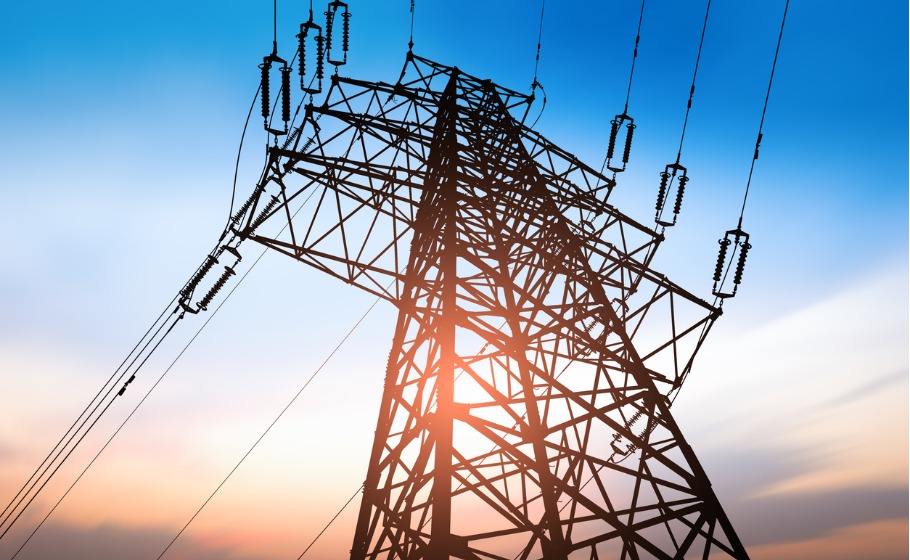
This summer, brace for power cuts across the country

Rising demand for electricity and a drastic drop in power utilities’ coal inventories may result in increased load-shedding (power cuts) across the country.
Experts say that while the demand for electricity is high and it will keep on increasing over the next two months, the shortage of coal will not allow any generation unit to jack up production.
Maharashtra and Gujarat, two of the most industrialised states, are facing load-shedding while even relatively less industrialised states like Bihar, Jharkhand, Haryana and Uttarakhand have reported power outages.
Reuters quoted government data to show that the shortfall in power availability has gone up by 1.4% in a week’s time. This shortfall is much more than the 1% deficit faced in October last year, when the country faced a serious coal shortage.
Power shortage at a time when the economy is looking to recover from a long and painful phase of COVID-induced lockdowns may hamper industrial output in India — Asia’s third largest economy.
Thermal power plants, which form the backbone of India’s power generation capacity with 70% coverage, had just nine days of stock left as on April 1 – a situation that not risen since 2014.
Also read: Centre allows power utilities to import 10% of coal
Rajiv Agarwal, secretary general of the Indian Captive Power Producers’ Association, told Reuters that Coal India and the Union Coal Ministry had consistently asked the thermal power plants to maintain buffer stocks, but in contrast the plants reduced their stocks, Agarwal said.
Impact on railways
The coal shortage is preventing Indian Railways from expanding its network of trains. The number of trains committed by the Indian Railways per day is 415, which is about 8% less than the set standard of 453 trains per day. On tracks, only 379 trains were running in the first week of April.
Summer days ahead
As per the India Meteorological Department’s (IMD) data, the average consumption in April, so far, is way above its usual average for the month. Increased use of air conditioning due to heat is also adding to excessive electricity consumption. “An unprecedented change in weather has resulted in peak demand shooting up after midnight due to soaring air-conditioning use,” said Harry Dhaul, director general of the Independent Power Producers Association of India, while speaking to Reuters.
Also read: Amid spiralling prices, India’s fuel demand hit 3-year high in March
Thermal power plants under pressure
To meet the ever-increasing demand for electricity, coal-fired power generation needs to rise by about 18%. If the trend continues, the total electricity output will rise to 15% during the year ended March 2023.
It is heartening to know that power utilities themselves cut coal supplies to the non-power sector, despite record production and supply by Coal India Ltd, which produces over 80% of India’s coal.
Experts say the real effect of coal shortage will be felt in June.

